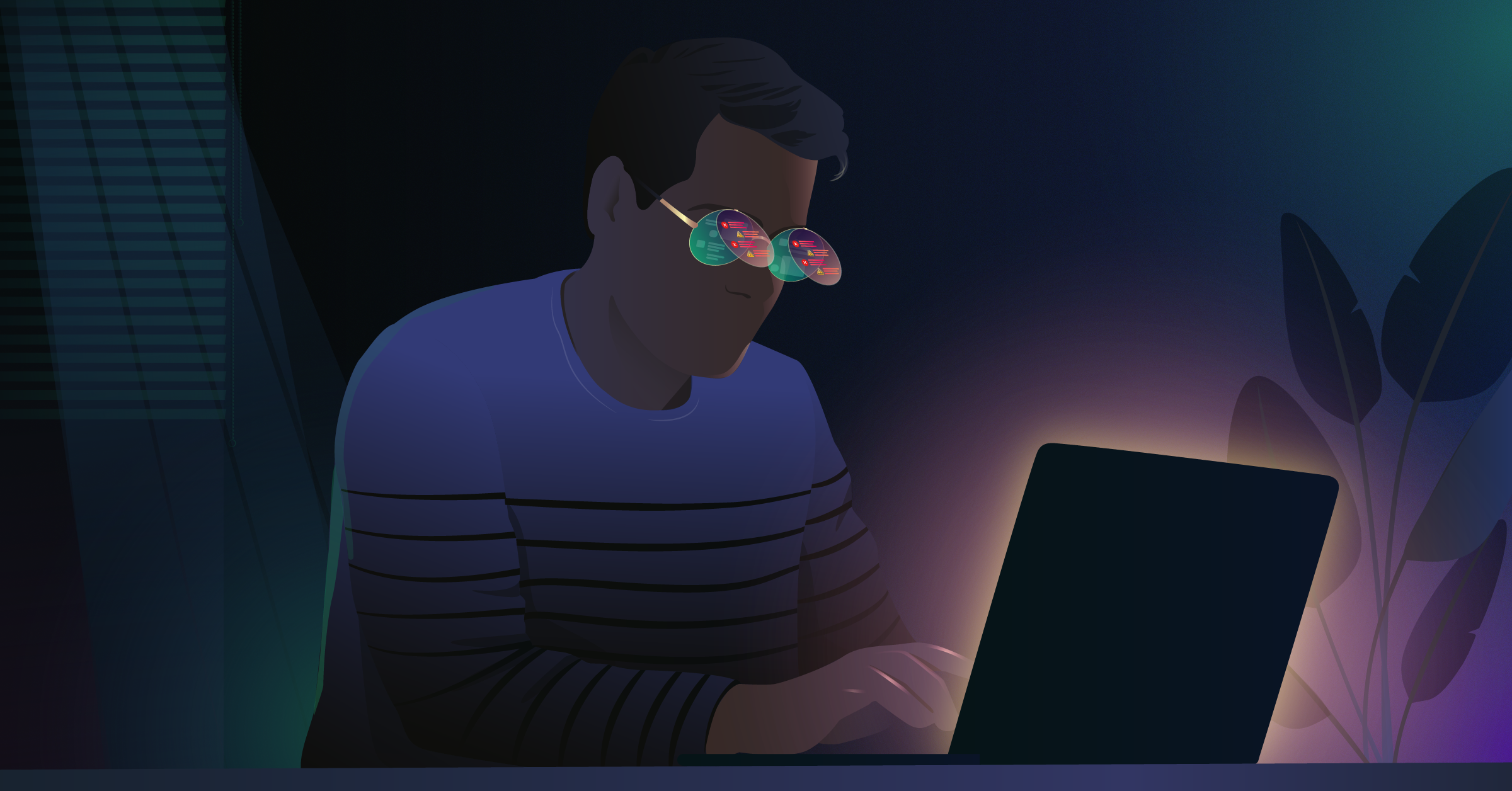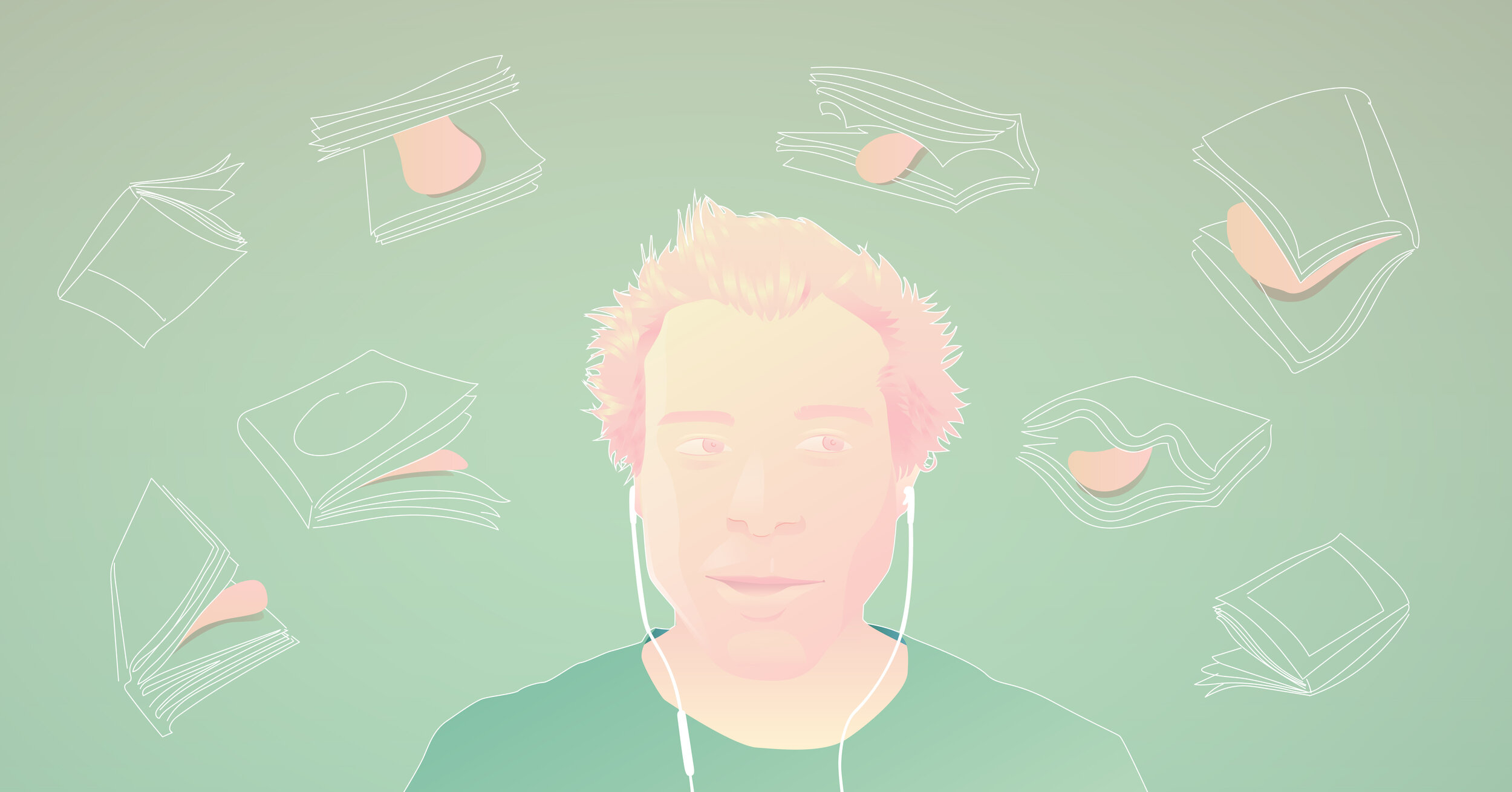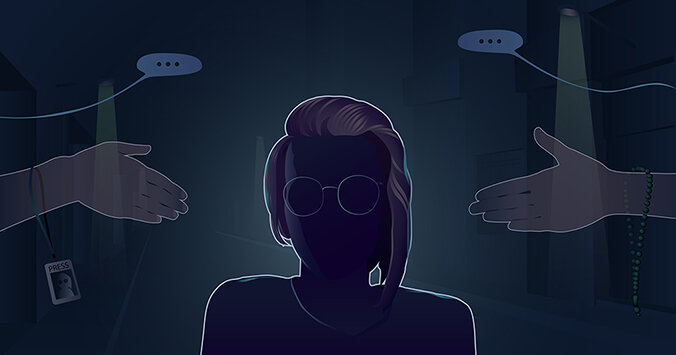
Over the past decade, we have become increasingly attached to our digital screens. Desktops, tablets, and smartphones — they’ve all turned into our primary gateway to the going ons of the world.
This trend has been applauded for making information accessible in a way that has never been seen before; allowing many people to make new, border-crossing connections, and giving numerous civic movements the ability to organise, garner attention, and further their cause. However, soon we were confronted with a darker side of this trend. Fake news, disinformation, filter bubbles, and, above all, polarisation — all of which made us question whether the rise of the internet might be causing more harm than good.
Then, in the beginning of 2020, the pandemic hit. Forced back to the direct surroundings of our homes, we relied more than ever on those digital, blue-light screens to stay connected to our family, friends and the rest of society. This digitalisation came with a heavy price, as we also witnessed a rapid increase in the spread of disinformation and online radicalisation. Conspiracy theories have been running rampant and online hate speech has been reaching all-time highs.
Facing the fact that our digital life-styles are here to stay, it’s time we ask what we can do to fix the persistent issues. We set out (digitally, from the safe confines of our home office) to look at a number of methods used around Europe to combat disinformation, hate speech, and polarisation. We talked extensively with five inspiring individuals who, each in their own way, managed to think outside the box. Either by going out of their way to change the system, or by leaving their digital reality behind them to go out and meet people in real life.
These are the Home Office Sessions.

In a world often dominated by the consequences of online hate, Özlem Cekic, a former member of the Danish Parliament, found her own way to deal with it — something revolutionary and ordinary at the same time.

The Chatbot named ‘Checkbot’ features an algorithm that tries to help audiences in figuring out whether a piece of information is false or not. The question is, is it enough?

All around the world we’re witnessing how media landscapes are drifting apart into their own filter bubbles. This is how 5 divergent magazines from Poland managed to unite.

When Iva travelled to Iraq to report on the destructive impact of the Islamic State, she had to immediately place her trust in the hands of the strangers and fixers around her. It led to one of her best interviews yet.

How can the analysis of Big Data help us in our fight against polarisation? Guy from the Belgian organisation Textgain has his ideas.

Production Team:
Hannah Richter
Jordy Nijenhuis
Edwin van de Scheur
Illustrations:
Lucie Ménétrier
Specials Thanks to:
Özlem Cekic
Peter Jančárik
Jędrzej Malko
Iva Mrvova
Guy de Pauw
This special was produced as a part of the 2020 conference:
’Depolarisation: Road to Deeper Trust.’,
Organised by PDCS as a part of Project Grey.




















